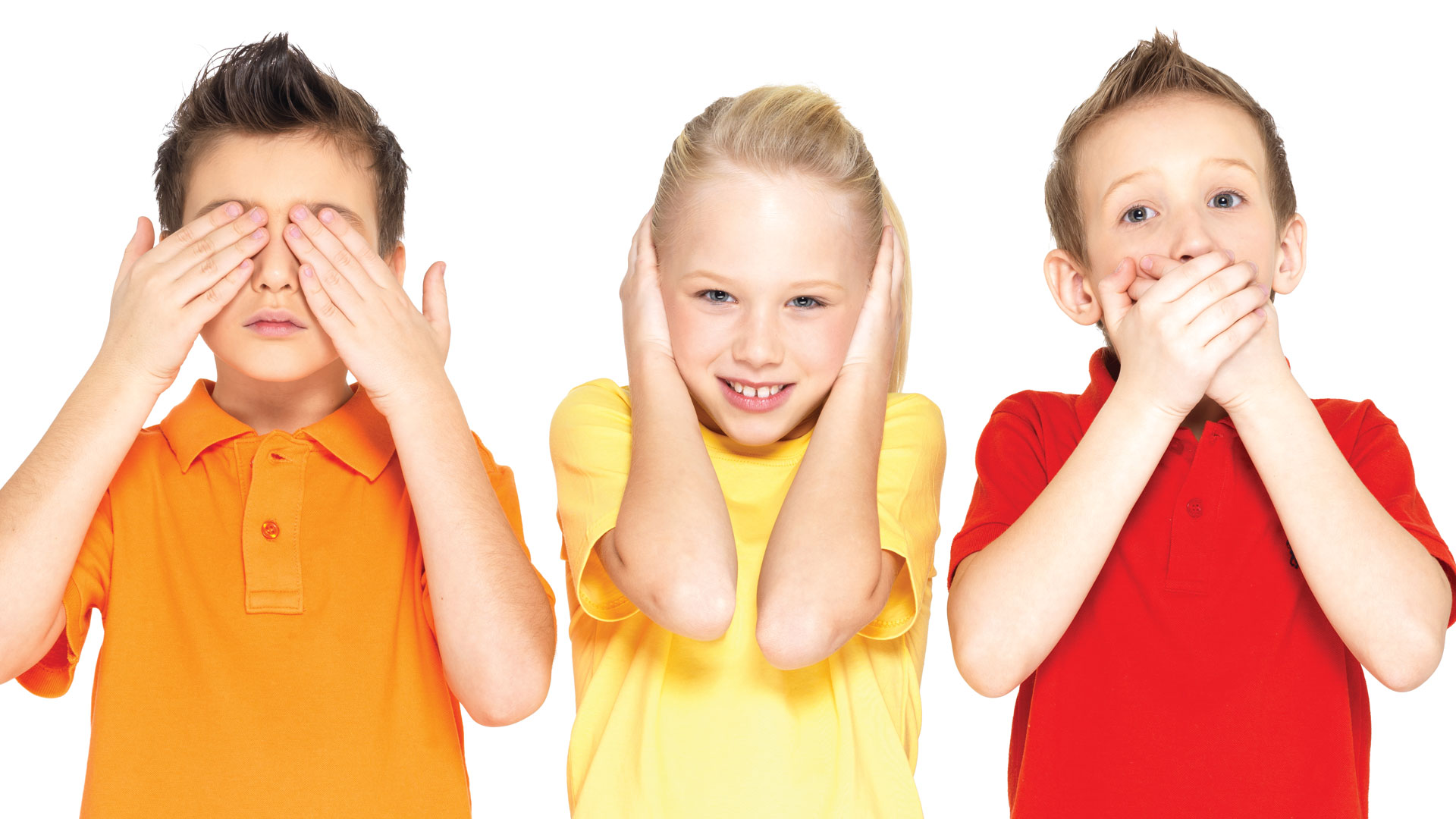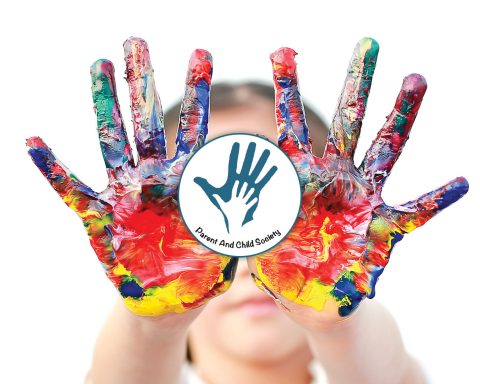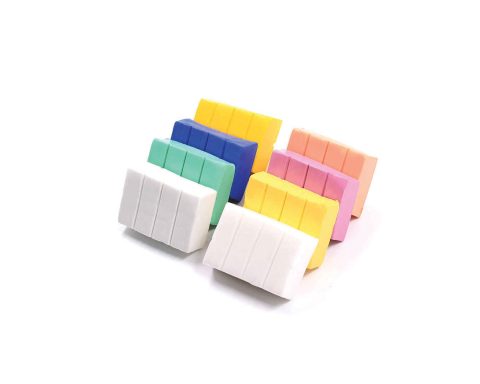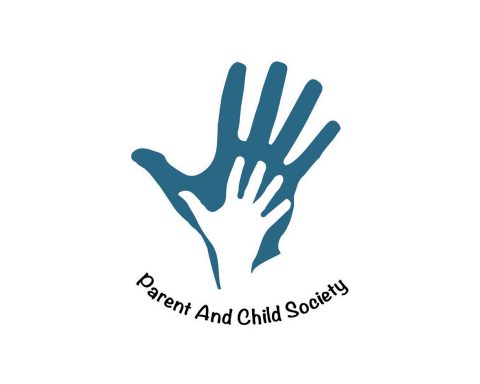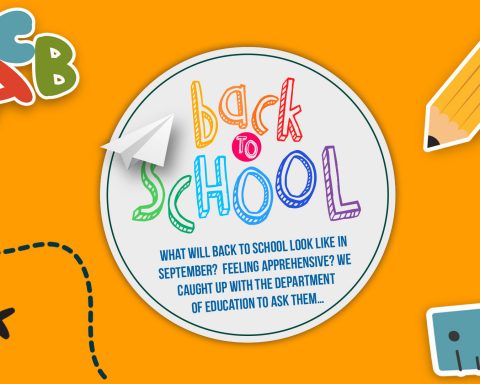Teaching Children Moral Values
How to teach your children to make better moral decisions and to understand the difference between right and wrong can be a tough ask in modern society. Your moral values include both what you treasure most; such as family, education or democracy, and what you think it is important to be; such as honest, compassionate or hard-working.
The truth is that as parents most of us are teaching our children values every day through our own actions. They observe everything that we do and unconsciously develop their own moral system, regardless of what we say and try to teach them, so if you are parenting with loving guidance, the chances are your kids will want to follow your lead.
In his theory of cognitive development, Swiss psychologist Jean Piaget placed great importance on the education of children and how they learn to tell the difference between right and wrong; how they use this knowledge to arrive at appropriate decisions when faced with complicated choices; and how they have the strength and independence to act in accordance with that right decision (to “do the right thing”) despite the fact that it may not be a convenient thing to do. However, morality is shaped by many factors, and children aren’t only influenced by their parents but by other children, their family and other adults.
Research has shown that babies can distinguish right from wrong before they reach the age of two and that by the age of five they should have developed a strong set of moral values. Some of the best qualities of humanity are compassion, consideration for others, respect and generosity. Here are some of those values that you can start teaching your children from an early age:
Honesty
This quality rates highly amongst those that parents would like their children to achieve. All children tell lies, but how can you teach your child the difference between those little white lies, for instance – did they eat the biscuit before dinner that you told them not to, or big whoppers which are blatantly dishonest? Teaching children the importance of honesty from an early age will go some way to giving them the tools that will let them resolve issues without having to rely on lying. Toddlers are too young to be punished for lying, but once they get to four and become more verbal you can explain what a lie is and why it is not acceptable.
Justice and Fairness
“That’s not fair!” Fairness and treating others in a fair manner is an essential value that will help children negotiate a complicated world as they grow into adulthood, but it is a trait that is difficult for young children to understand. Talk to your child about what is and isn’t fair. Watch a film together and point out moments of fairness or when someone was unfair and how it might affect the characters involved. Role-playing is a good way to talk about justice with older kids. Tell them that they should treat people in the same way they would want to be treated, teach them to think about how their actions might affect others, and help them construct their own value systems.
Considerate and Kind
Considerate children grow up to be considerate adults. Being kind and mindful of others can make the world a better place. Explain to your child that taking the time to think of others and helping to make their life easier or more enjoyable can have a huge impact. Start with little things such as covering their nose and mouth when they sneeze or cough so that they don’t spread their germs. Praise their behaviour and they will value your responsiveness. Children who share learn important life skills about how to take turns, how to negotiate, and how to cope with disappointment. Talk to your child about sharing their toys with others and praise them when they do so. “Great sharing” works!
Respect
It is not just about respecting your elders but respecting everyone, regardless of age or social status. Set clear limits on how they should behave and enforce the importance of good manners. Making sure they say ‘Please’ or ‘Thank You’ when appropriate shows caring and respect. 5-year-olds should automatically be using those phrases. Remember that we cannot teach respect to our children by being disrespectful towards them.
Intentional parenting and the choices we make can shape the lives of our children in the future, leading to them becoming responsible adults with good moral values. Our actions speak a thousand times more than words so we must lead by example and quite often it is the little things that may seem unimportant or insignificant that can have a huge impact on their moral development and on the person that they grow up to be.

